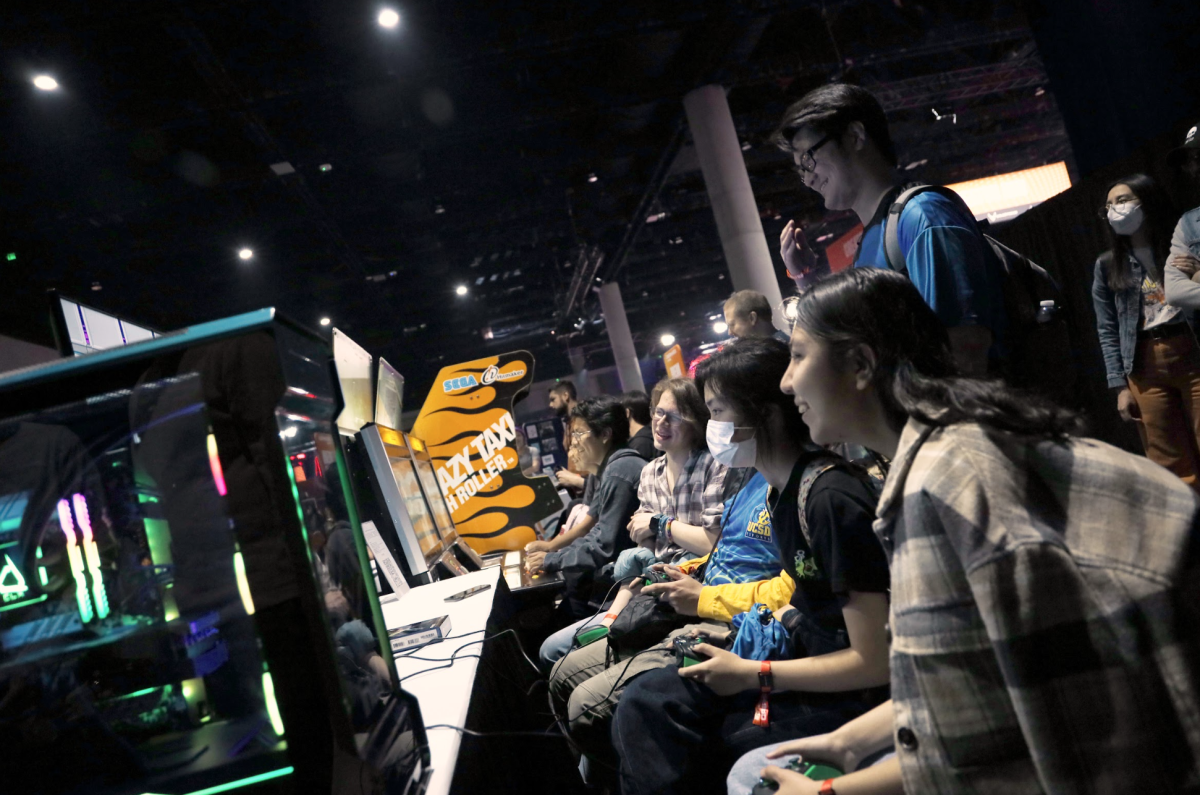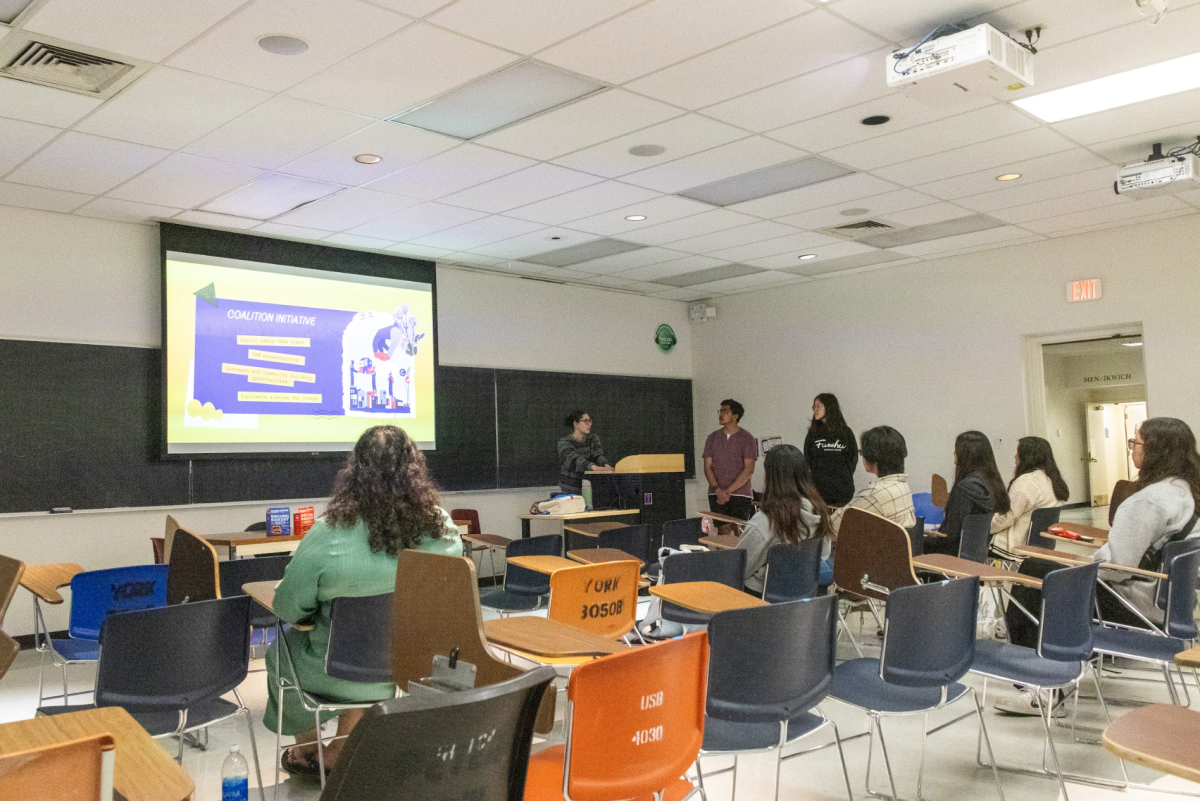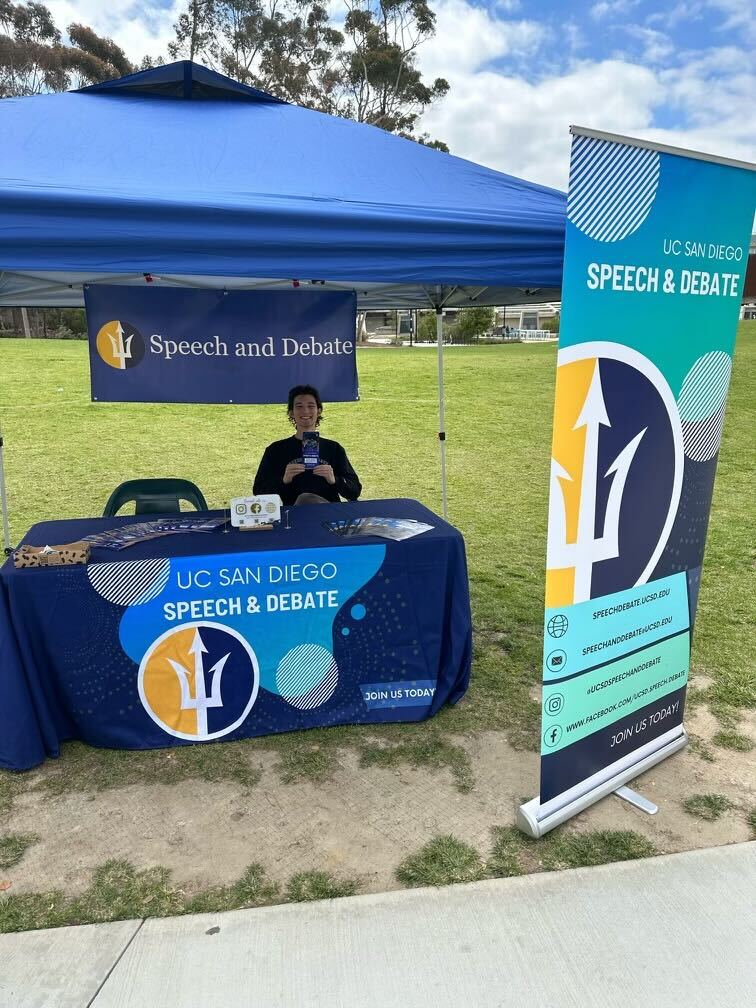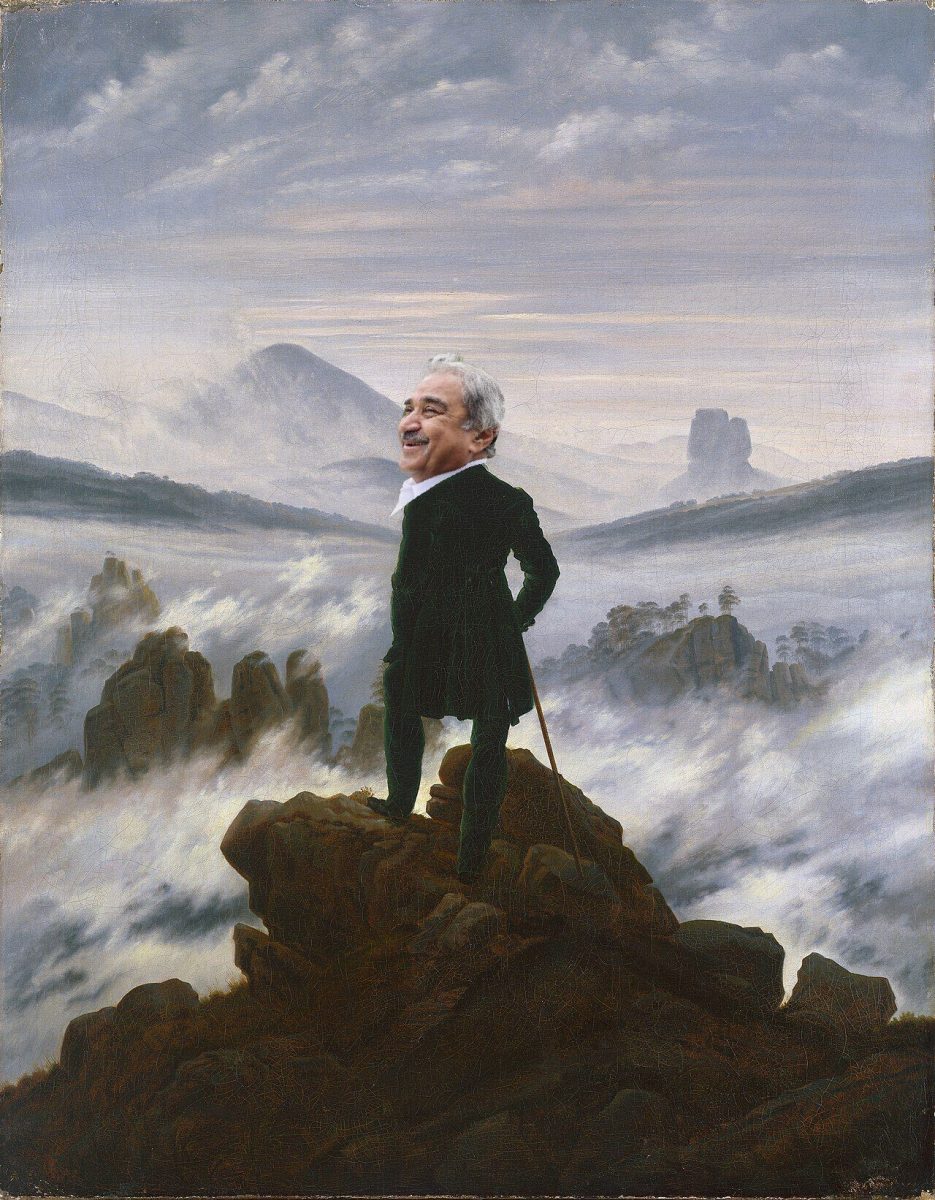The true concept of feminism is a foreign one to most people. For some, feminism is equated with hoards of bra burners hell-bent on fighting all that is phallic and male in our society. Others may have images of privileged white women going off on a first-wave feminist rant, failing to include the majority of the population of women who don’t consider the ability to work a luxury.
It is this baseless cry of the ignorant that the members of the undergraduate academic group Women Inciting Social Change wish to dispel with their April 11 conference titled “”Exploring ‘Feminine’ Bodies.”” It is also one of the first conferences at UCSD to be organized exclusively by undergraduate students.
Conception
For many in the critical gender studies department, the extensive focus on theory can be frustrating, because it doesn’t necessarily lead to action or to solutions. WISC members felt that by organizing the conference, they would be creating a practical application of their knowledge.
WISC is composed of four UCSD undergraduate women and two alumni CGS majors.
The conference idea was originally conceptualized by Cindy Wu, a recent graduate of UCSD who attended a conference and wanted to bring the information that she had learned to UCSD.
“”I wanted to accomplish two things with this conference,”” Wu said. “”First, I wanted to learn how to organize a conference, and second, I wanted to really explore the ideas and concepts that we have learned in this major and share them with UCSD students who may not have access to feminist theory classes.””
She organized her information and took it to professor Rosemary George, head of the CGS department, who felt that Wu’s idea was sound.
Together with Nancy Hatch, the department coordinator, they organized a 198-person class that took place last fall quarter that was designed to facilitate the organization of the conference. In this way, students had a disciplined way to organize the structure of the conference and issues they wanted to discuss, and were able to receive academic credit for their endeavors.
The group WISC, was developed in the class as a way to get financial support from the university. It was developed around the idea of the conference, but has turned into something more.
According to its constitution, WISC is a student-run organization composed of UCSD students with a common mission to promote critical thinking and activism on issues of gender, race, class and sexuality. However, the members have found that they have learned more than just how to organize a conference. Together, by personally engaging the theories presented to them in class, they have learned a lot more in their classes. Additionally, the support that they provide to each other in study sessions for classes has made this year truly educational.
According to Patricia Cordozo, who was the co-director of finance and fundraising for this event, George’s vision of the potential of the group was a key element to their success.
“”We would have been lost without professor George,”” Cordozo said. “”She really gave us 100 percent support the whole time. Before this, we were complete novices. Her confidence in us is really what allowed us to pull this whole thing off.””
According to the university, the CGS department has fewer than 30 students in the major, but according to Landy Spencer, co-director of programming, the small size of the department is part of its appeal. In this case, it allowed for increased support from the faculty, which was instrumental for WISC members’ success.
“”We were really excited about the support we received from the faculty,”” Spencer said. “”Those who are participating are really going out of their way, despite personal inconvenience. Their support has really made this a positive learning experience that I hope to translate into my future activities.””
Goals
According to Heidi Saman, co-director of programming, several departments offer courses that encourage a deeper evaluation of established labels, however not all students have access to these classes.
WISC members felt that women and men’s bodies are the site of most subjective identities, and that here would be the best place to start exploring social constructions of race, gender and sexuality. Here, the concept of “”Exploring ‘Feminine’ Bodies”” was designed.
“”We see a void in students awareness of critical issues regarding gender, racial and sexual categories,”” Saman said. “”Some fail to prioritize these classes in their rigorous academic schedules, and therefore never take the opportunity to sample the incredible resources that UCSD offers in the academic study of these issues.””
Departments such as critical gender studies are interdisciplinary by design. This allows students to sample classes from a variety of different departments and to explore the important issue of gender from a variety of different perspectives.
“”By taking gendered perspectives into account in a variety of different disciplines, we discover exactly how pervasive perceptions of gender are in influencing social behavior,”” Cardozo said. “”We wanted to create a conference that allowed students to explore the discipline of gender studies and develop a greater understanding of how the issues in the major affect everyone. This increased understanding and awareness will allow for greater sensitivity of UCSD students who are entering the world as prospective participants in institutionalized and socialized behavior.””
The founders of WISC envision a conference where the intersection of race, class and sexuality are explored through and against ideologies of gender.
According to Wu, their hope for this conference is to enlighten participants to new conceptualizations of feminine bodies. They also hope that the diversity of the speakers will allow people to explore the issues on their own, and will also challenge the ideology that certain groups are not touched by race or gender, and encourage a deeper understanding of supposedly invisible categories.
“”This conference would allow students easy access to information that they may not otherwise come into contact with,”” Spencer said. “”By giving students access to the incredible professors that UCSD has working in this department, we promote a greater understanding of social issues colored by a gendered lens, and the importance and significance of this area of study.
The Speakers
According to Saman, the group invited the professors whom they felt best embodied the ideas that the group wanted to share. She feels that the group has been very fortunate that the UCSD professors whom they asked to participate have all been enthusiastic supporters of the students.
“”We were really lucky that the UCSD professors who we asked to participate were able to take time out of their busy schedules to participate,”” Saman said. “”I’ve been working with them for the last few months and everyone is so wonderful. The talks are going to be really exciting.””
The keynote speaker, professor Judith Halberstam of the literature department, is a universal favorite among critical gender studies majors and members of the literature department. Her talk will highlight new lesbian subcultures, including dyke punk bands, slam poets and drag kings. Her talk, entitled “”Female Masculinity: The Body in Question”” will include music and video clips and will focus on four basic ideas including the significance of the categories queer and female on this subgroup.
The structure of the conference has Halberstam speaking first, followed by two concurrent sessions that will be in the San Francisco/Santa Cruz Room and the Santa Barbara/Los Angeles Room.
One of the concurrent sessions will feature professor George Lipsitz, a prominent faculty member in the ethnic studies department of UCSD, and professor Kathleen Jones, a faculty member at SDSU. The topic of this session will be “”Working Bodies and the Economics of Gender.””
Lipsitz’s presentation will focus on the organizations of work and its influences on all aspects of our existence, including the sexual and gender identities that we inhabit and envision.
Jones will concentrate on mapping women’s social locations in formal and informal economies. She will also explore contexts for understanding the political economy of gender and the impact of this political economy on the individual and collective strategies of survival and resistance.
The other concurrent session will focus on racialized bodies and will feature professors Daphne Brooks and Lisa Yoneyama, who are members of the literature department.
Brooks will focus on a paper titled “”‘It Needs A Bottom’: (Re) Covering the Black Female Body in the Works of Suzan-Lori Parks.”” She will engage the various topics brought up in the paper about the politics of black feminist representations.
WISC members anticipate that Yoneyama will focus on issues surrounding Asian-American race and sexuality.
A Fine Evening
For anyone who has ever been remotely interested in finding out more about gender studies, this evening promises to be both entertaining and informative.
The several speakers who have been secured for the conference bring a refreshing blend of knowledge and experience that are sure to bring provocative thoughts to the table throughout the evening.
“”Exploring ‘Feminine’ Bodies”” on Wednesday, April 11 will be open to the general public and will be free of charge. Registration, which is not mandatory, will begin at 4:45 p.m. in Price Center Ballroom B.
Introduction to the conference will be done by professor Rosemary George at 5:15 p.m. Halberstam’s talk will run from 5:30 p.m. until 6:45 p.m. in Ballroom B.
The two concurrent sessions will run from 7 p.m. until 8:30 p.m. Professors Kathleen Jones and George Lipsitz will speak in the San Francisco/Santa Cruz Room, and professors Lisa Yoneyama and Daphne Brooks will speak in the Santa Barbara/Los Angeles Room.







